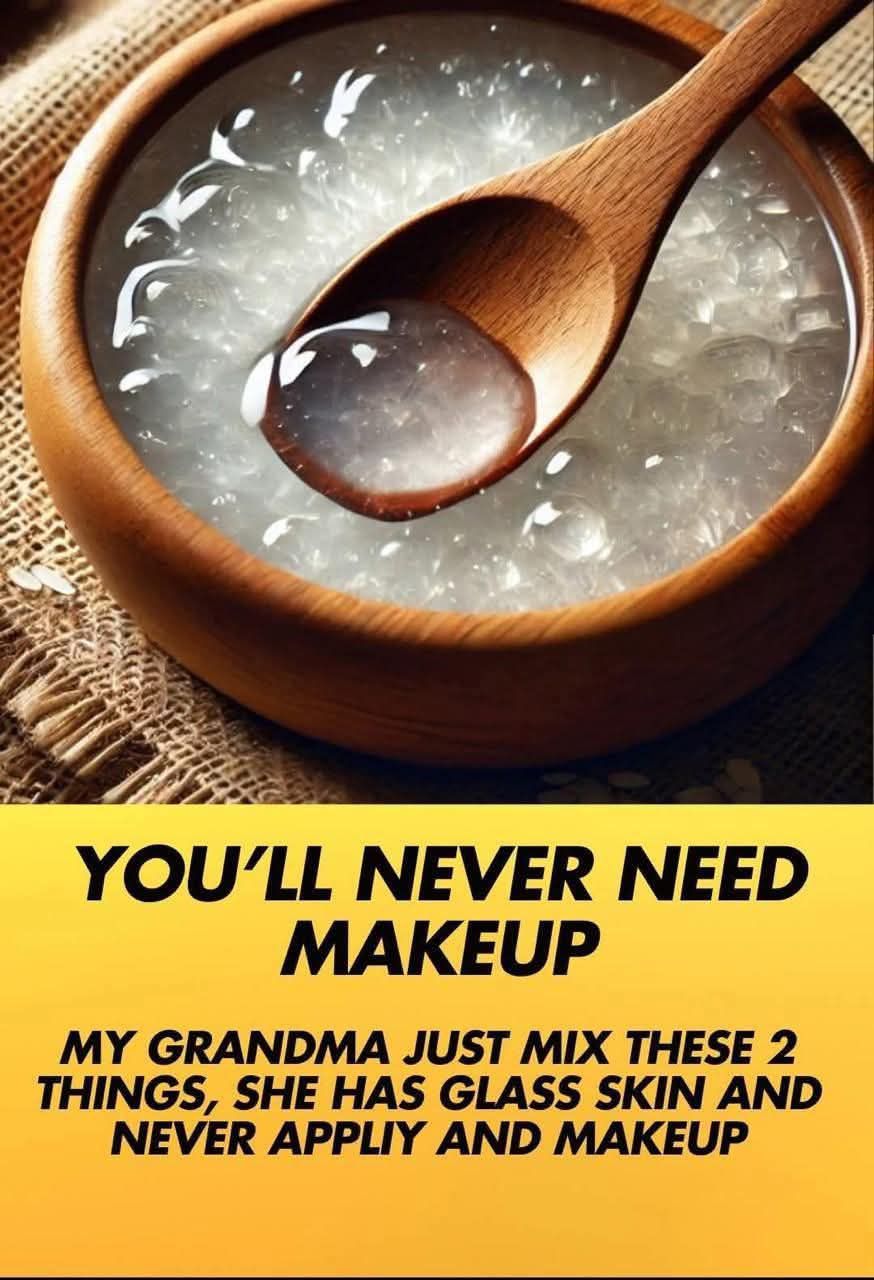ADVERTISEMENT
Glass Skin DIY Serum: Achieve Radiant, Dewy Skin at Home
The term “glass skin” has become one of the most coveted skincare goals, often associated with a radiant, smooth, and hydrated complexion that seems to glow from within. Achieving this dewy, luminous look doesn’t have to require expensive products or professional treatments. With the right ingredients, you can make your very own Glass Skin DIY serum that works wonders on your skin, giving it a glowing, flawless finish.
Here’s everything you need to know about making your own glass skin serum at home.
Why Choose a Glass Skin Serum?
The allure of glass skin lies in its ability to provide a complexion that is smooth, clear, and glowing. This serum aims to hydrate, brighten, and balance the skin’s tone, offering a luminous glow with a dewy finish that mimics the smooth texture of glass. A DIY serum also allows you to tailor ingredients to your specific skin type—whether you have dry, oily, or combination skin.
Key Ingredients for the Glass Skin DIY Serum
The key to making a glass skin serum lies in choosing nourishing ingredients that hydrate, brighten, and smooth the skin. Below are some of the best ingredients you can use in your DIY serum:
- Aloe Vera Gel
- Benefits: Aloe vera is a skin-soothing powerhouse known for its hydrating and anti-inflammatory properties. It helps reduce redness, calm irritated skin, and maintain moisture.
- Why it’s important: Aloe is a great base for any serum due to its lightweight texture and hydration-boosting qualities.
- Vitamin C Serum or Powder
- Benefits: Vitamin C is a potent antioxidant that helps brighten the skin, even out skin tone, and fight free radical damage.
- Why it’s important: This ingredient enhances the serum’s ability to give your skin a radiant glow and helps with pigmentation and dark spots.
- Hyaluronic Acid
- Benefits: Hyaluronic acid is an excellent humectant, meaning it draws moisture into the skin. It plumps the skin and reduces the appearance of fine lines and wrinkles.
- Why it’s important: Hydrated skin is key to achieving a smooth and glass-like appearance, and hyaluronic acid is essential for retaining that moisture.
- Rosehip Oil
- Benefits: Rosehip oil is packed with essential fatty acids and antioxidants that help promote skin regeneration, reduce signs of aging, and heal scars.
- Why it’s important: This oil gives the serum its nourishing quality, ensuring that your skin feels soft and glowing while benefiting from its anti-aging properties.
- Niacinamide (Vitamin B3)
- Benefits: Niacinamide is a multitasker when it comes to skincare. It helps with skin texture, tightens pores, and improves the overall appearance of skin tone.
- Why it’s important: Niacinamide can help with skin clarity and add a smooth texture to your skin, which is essential for the glass skin effect.
- Jojoba Oil
- Benefits: Jojoba oil is rich in vitamins and minerals, offering deep hydration and balancing the skin’s oil production. It’s lightweight and absorbs easily.
- Why it’s important: It helps lock in moisture without clogging pores, keeping the skin plump and hydrated.
- Essential Oils (Optional)
- Benefits: Lavender, chamomile, or rose essential oils can be added for a relaxing scent and additional soothing properties.
- Why it’s important: These oils can offer anti-inflammatory and calming benefits to your skin, contributing to a fresh and peaceful feeling when you apply the serum.
How to Make Your Glass Skin DIY Serum
Now that you know the ingredients you’ll need, let’s dive into the step-by-step process of making your own glass skin serum.
Ingredients:
- 1 tablespoon Aloe Vera Gel
- 1/2 teaspoon Vitamin C powder or a few drops of Vitamin C serum
- 1 teaspoon Hyaluronic Acid Serum
- 1 teaspoon Rosehip Oil
- 1/2 teaspoon Niacinamide (optional)
- 2-3 drops Jojoba Oil
- 2-3 drops of your preferred essential oil (optional)
Instructions:
- Prepare the Base:
- Start with a clean glass container or dropper bottle to store your serum. Glass is preferred over plastic to avoid any contamination or degradation of the ingredients.
- Add the aloe vera gel to the container. This will act as the base and hydrating ingredient.
- Add Vitamin C:
- If using Vitamin C powder, dissolve 1/2 teaspoon in a small amount of water before adding it to the mix. If you’re using a Vitamin C serum, add a few drops. Stir well to combine.
- Mix in Hyaluronic Acid:
- Add 1 teaspoon of hyaluronic acid serum to the mixture. This is key for hydration and plumping the skin.
